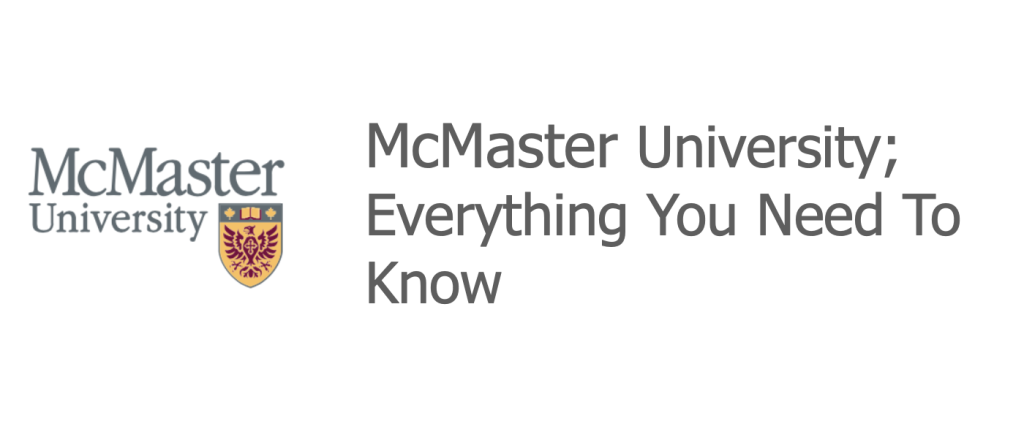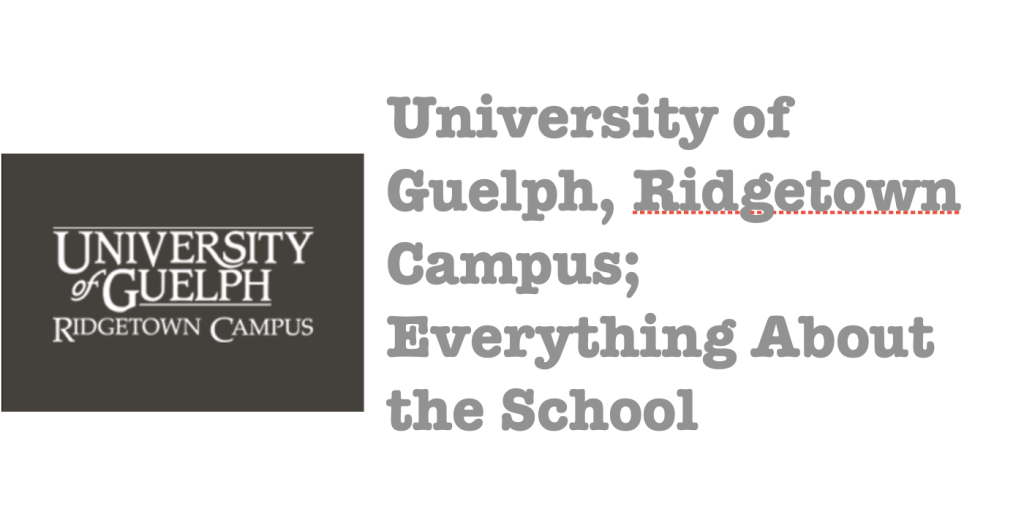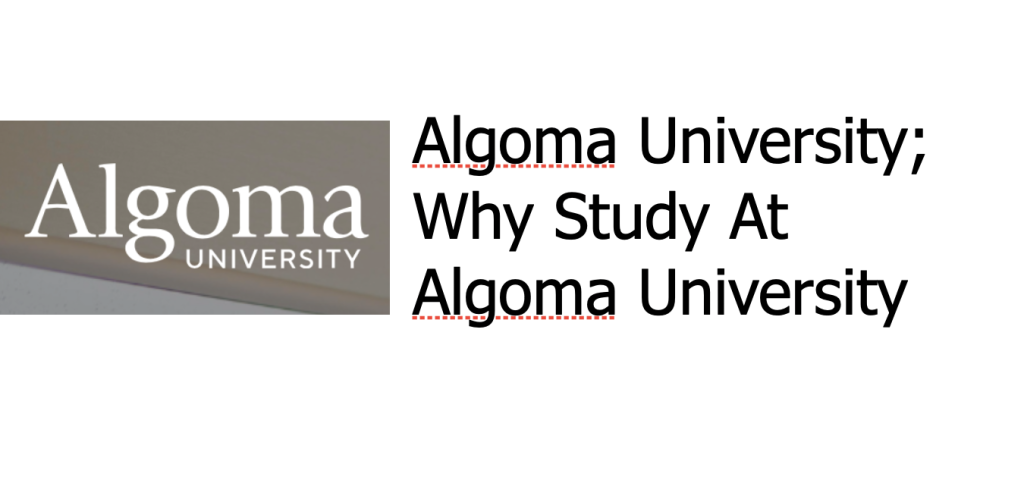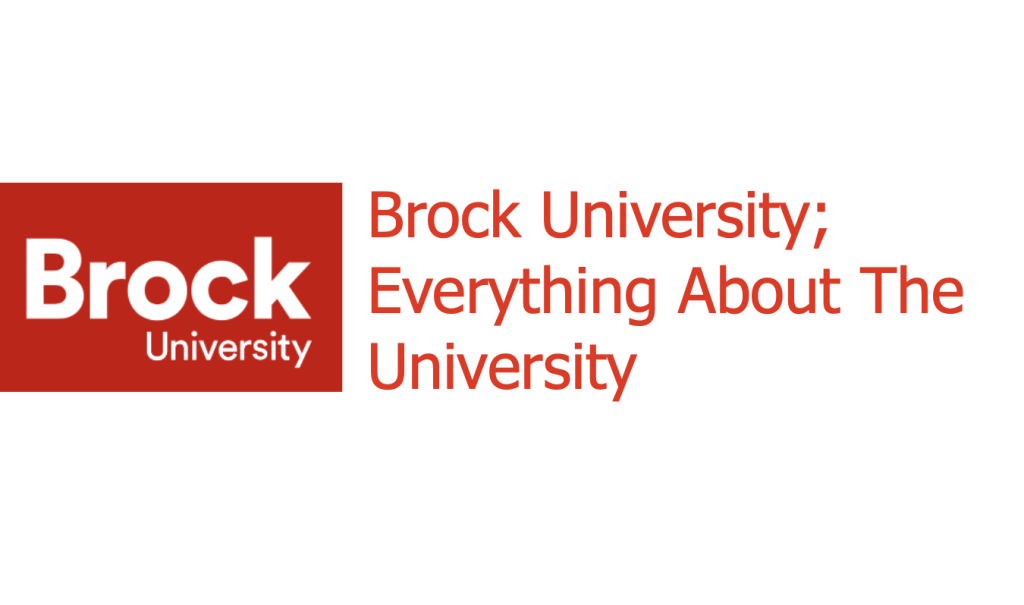McMaster University is a public research university located in Hamilton, Ontario, Canada. It was founded in 1887 and has since become one of Canada’s leading institutions of higher learning. McMaster has a reputation for excellence in teaching and research, and is consistently ranked among the top universities in Canada and the world.
The university offers a wide range of undergraduate and graduate programs across six faculties: the DeGroote School of Business, the Faculty of Engineering, the Faculty of Health Sciences, the Faculty of Humanities, the Faculty of Science, and the Faculty of Social Sciences. McMaster is particularly known for its innovative problem-based learning approach, which emphasizes hands-on experience and critical thinking.
McMaster is also home to several world-class research institutes, including the Michael G. DeGroote Institute for Infectious Disease Research, the McMaster Institute for Research on Aging, and the McMaster Institute for Transportation and Logistics. The university is committed to research that contributes to the betterment of society, and has a strong reputation for innovation and collaboration.
With a vibrant campus community and a wide range of extracurricular activities, McMaster provides an enriching and supportive environment for its students. The university is dedicated to fostering a culture of inclusivity and diversity, and offers a variety of services and resources to support student success.
Table of Contents
Brief history
McMaster University was founded in 1887 in Toronto, Ontario as Toronto Baptist College, with the aim of providing higher education to Baptist ministers. In 1890, the college moved to Hamilton, Ontario and changed its name to McMaster University in honor of Senator William McMaster, a prominent Canadian businessman and philanthropist who provided significant financial support to the institution.
McMaster continued to expand over the years, adding new faculties and programs. In the 1930s, the university established a medical school, which later became the Faculty of Health Sciences. McMaster also developed a reputation for innovative teaching and research, and in the 1960s, the university became known for its problem-based learning approach, which emphasized small-group discussions and hands-on learning.
In the 1970s, McMaster established the Centre for Health Economics and Policy Analysis, which became a leading research center in health policy and economics. The university also established the McMaster Nuclear Reactor, which was used for research in nuclear science and technology.
In the 1980s and 1990s, McMaster continued to expand its research capabilities and partnerships with industry and government. The university established the McMaster Industry Liaison Office, which helps researchers and businesses collaborate on innovative projects.
Today, McMaster is recognized as one of Canada’s leading research universities, with a reputation for excellence in teaching and research. The university has a diverse and inclusive community, and is committed to providing an exceptional educational experience for its students.
Campus and residence (local and international)
McMaster University is located in Hamilton, Ontario, Canada, on a beautiful 300-acre campus. The campus is home to a wide range of academic, administrative, and residential buildings, as well as several green spaces, gardens, and walking trails.
McMaster has a variety of on-campus residence options for students, including traditional dorm-style residences, apartment-style residences, and townhouse-style residences. Each residence has its own unique features and amenities, but all provide students with a supportive and inclusive living environment.
The traditional dorm-style residences are located in the heart of campus and offer single and double occupancy rooms, communal washrooms, and shared common spaces. The apartment-style residences offer one, two, or three-bedroom units with full kitchens and bathrooms, and are located on the outskirts of campus. The townhouse-style residences offer two or three-bedroom units with full kitchens and bathrooms, and are also located on the outskirts of campus.
In addition to housing, the campus also features a variety of dining options, including several cafeterias, restaurants, and coffee shops. The university also has a variety of recreational and athletic facilities, including a fitness center, swimming pool, tennis courts, and sports fields. With its beautiful campus and wide range of amenities, McMaster provides students with a comfortable and supportive living and learning environment.
Ranking
McMaster University is consistently ranked among the top universities in Canada and the world. Here are some recent rankings for McMaster:
- Times Higher Education World University Rankings 2022: #77
- QS World University Rankings 2022: #139
- U.S. News & World Report Best Global Universities 2022: #149
- ShanghaiRanking’s Academic Ranking of World Universities 2021: #151-200
- Maclean’s Rankings 2022 (Canada): #4 in Medical-Doctoral Universities category
McMaster is particularly well-regarded for its research and innovation, and has a strong reputation for producing graduates who are well-prepared for careers in their chosen fields. The university is committed to providing a world-class education and research experience for its students, and is dedicated to making a positive impact in the world.
Tuition
The tuition fees for McMaster University vary depending on the program of study and whether the student is a domestic or international student. Here are some approximate figures for the 2022-2023 academic year:
- Undergraduate domestic students: approximately $7,000-$11,000 per year (depending on program)
- Undergraduate international students: approximately $31,000-$44,000 per year (depending on program)
- Graduate domestic students: approximately $5,500-$19,000 per year (depending on program)
- Graduate international students: approximately $12,000-$30,000 per year (depending on program)
These figures do not include additional fees such as textbooks, supplies, housing, and meal plans, which can add to the overall cost of attending McMaster. However, the university offers a range of scholarships, bursaries, and other financial assistance programs to help offset the cost of tuition and other expenses for eligible students. It’s important to note that tuition fees are subject to change, and students should consult the university’s website for the most up-to-date information.
Admission requirements
McMaster University is located in Hamilton, Ontario, Canada, and offers a wide range of undergraduate and graduate programs. The admission requirements vary depending on the program you are applying to.
For undergraduate programs, the general admission requirements are as follows:
- Completed Ontario Secondary School Diploma (OSSD) or equivalent with a minimum of six Grade 12 U/M courses.
- The completion of specific courses at the Grade 12 level, as outlined by the program you are applying to.
- Submission of all official transcripts from high school and any post-secondary institutions attended.
- Minimum required grades for admission, which vary by program and can be found on the university’s website.
- Submission of any required supplemental application materials or documents, such as a personal statement or portfolio.
For graduate programs, the admission requirements can vary widely depending on the program. Typically, applicants are required to have completed a four-year bachelor’s degree from a recognized institution with a minimum average grade, which varies by program. Additional requirements may include letters of recommendation, a personal statement, and relevant work experience.
It’s important to note that meeting the minimum admission requirements does not guarantee admission to McMaster University, as admission is competitive and the number of available spots varies by program. It’s always a good idea to review the specific admission requirements for the program you are interested in and to contact the university directly if you have any questions or concerns.
Acceptance rate
The acceptance rate of McMaster University varies by program and level of study. However, according to the university’s official statistics, the overall acceptance rate for undergraduate programs is approximately 58%, which means that roughly 6 out of every 10 applicants are admitted.
It’s important to note that this acceptance rate is an average and can vary widely by program, with some programs being more competitive than others. For example, highly competitive programs such as Health Sciences, Engineering, and Commerce may have lower acceptance rates than other programs.
The acceptance rate for graduate programs also varies depending on the program and level of study. Generally, graduate programs are more competitive than undergraduate programs, and acceptance rates can range from as low as 5% to as high as 60%.
Admissions decisions are based on a range of factors, including academic performance, standardized test scores, letters of recommendation, and other application materials.
Why you should study at McMaster University
McMaster University is a well-respected institution known for its innovative approach to teaching and research. It is consistently ranked among the top universities in Canada and has a strong reputation internationally. Some of the reasons why McMaster University is highly regarded include:
- Strong academic programs: McMaster offers a wide range of undergraduate and graduate programs in various fields, including health sciences, engineering, social sciences, humanities, and more. Its programs are designed to be interdisciplinary, innovative, and research-focused, providing students with a well-rounded education that prepares them for future careers.
- Research excellence: McMaster is a research-intensive university with a strong focus on discovery and innovation. It is home to several world-renowned research institutes and centers, including the McMaster Institute for Research on Aging, the McMaster Immunology Research Centre, and the McMaster Stem Cell and Cancer Research Institute.
- Student-centered approach: McMaster is known for its student-centered approach to education, which emphasizes active learning, problem-solving, and critical thinking. The university’s small class sizes, personalized attention, and supportive learning environment help students thrive and achieve their goals.
- Community engagement: McMaster has a strong commitment to community engagement and social responsibility. Its programs and initiatives aim to make a positive impact on the local and global communities by addressing societal challenges and promoting social justice.
Overall, McMaster University is a respected and accomplished institution that offers a high-quality education and innovative research opportunities. While it may not be the “best” university for everyone, it has many strengths and features that make it a top choice for many students and scholars.
McMaster University Address and Contact
Address: 1280 Main St W, Hamilton, ON L8S 4L8, Canada
Phone: +1 905-525-9140
Academic Inquiries:
Student Services – Office of the Registrar, http://registrar.mcmaster.ca/
Notable Alumni
McMaster University has a large and diverse alumni network, with many notable individuals who have achieved success in various fields. Here are just a few examples of notable alumni:
- Sheila Watt-Cloutier – An Inuit leader and climate change activist who was nominated for the Nobel Peace Prize in 2007.
- Sara Seager – A world-renowned astrophysicist and planetary scientist who is a professor at the Massachusetts Institute of Technology (MIT).
- Donna Strickland – A physicist who won the Nobel Prize in Physics in 2018 for her work on laser technology. She is the third woman to ever win the prize in physics.
- Michael G. DeGroote – A businessman and philanthropist who has made significant contributions to healthcare, education, and community development in Canada.
- Peter George – A former president and vice-chancellor of McMaster University who played a key role in the university’s growth and development during his tenure.
- Roberta Bondar – Canada’s first female astronaut who flew on the space shuttle Discovery in 1992.
- Lloyd Axworthy – A former Canadian politician who served as the Minister of Foreign Affairs and was instrumental in the development of the Ottawa Treaty, which bans landmines.
These are just a few examples of the many accomplished individuals who have graduated from McMaster University. The university has a strong reputation for producing successful alumni who make significant contributions to their fields and to society as a whole.
McMaster University; Everything You Need To Know by SchoolsinOntario




Pingback: Understanding McMaster University's Acceptance Rate - Schools in Ontario